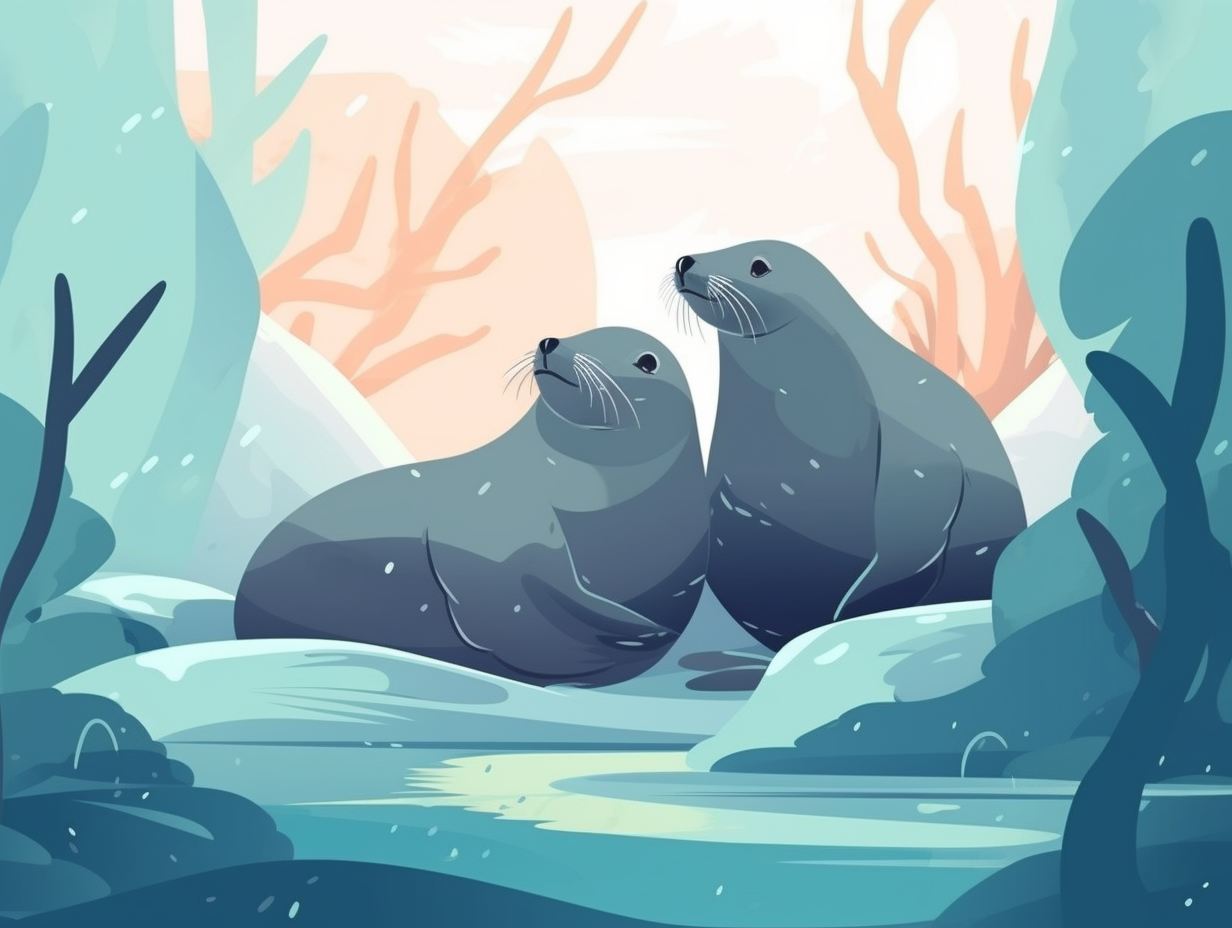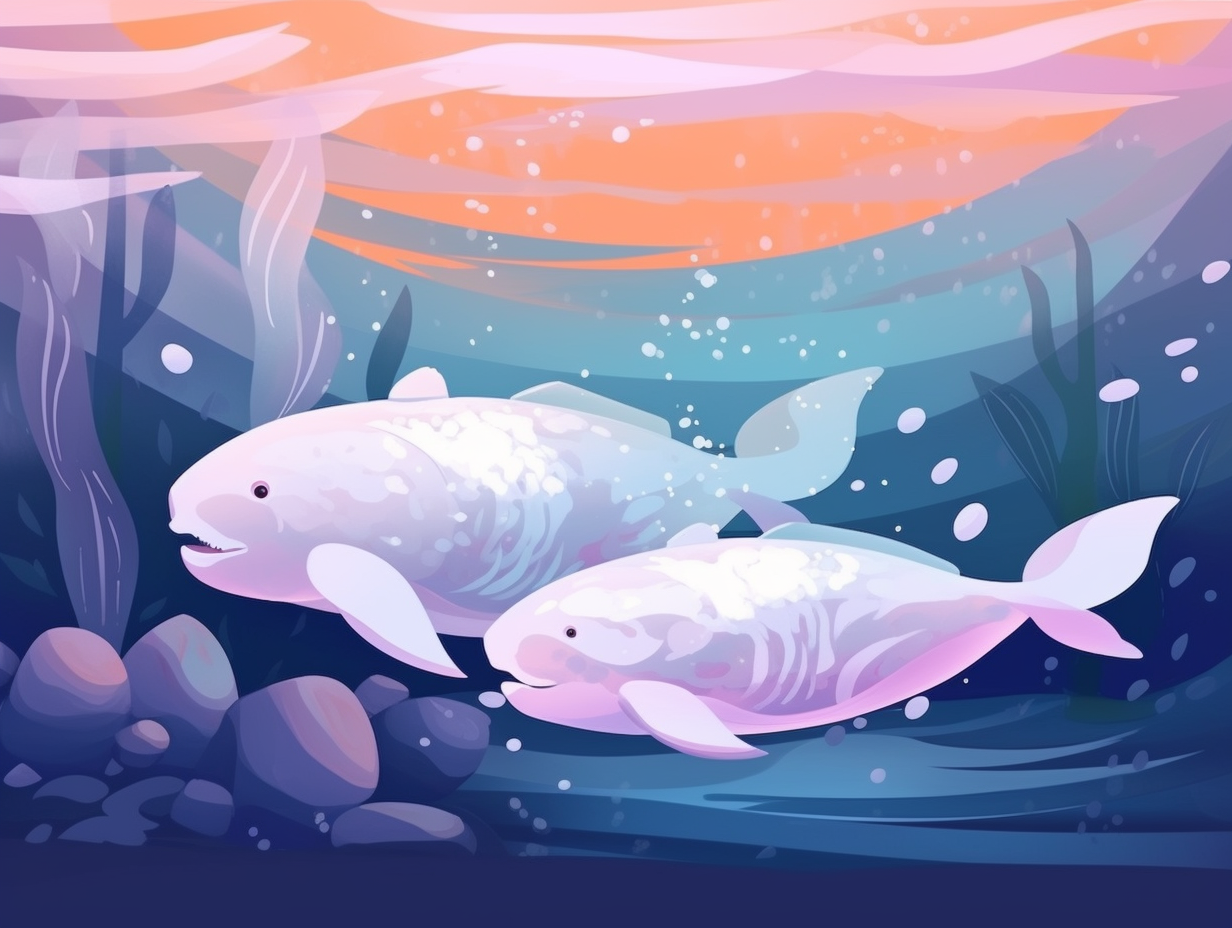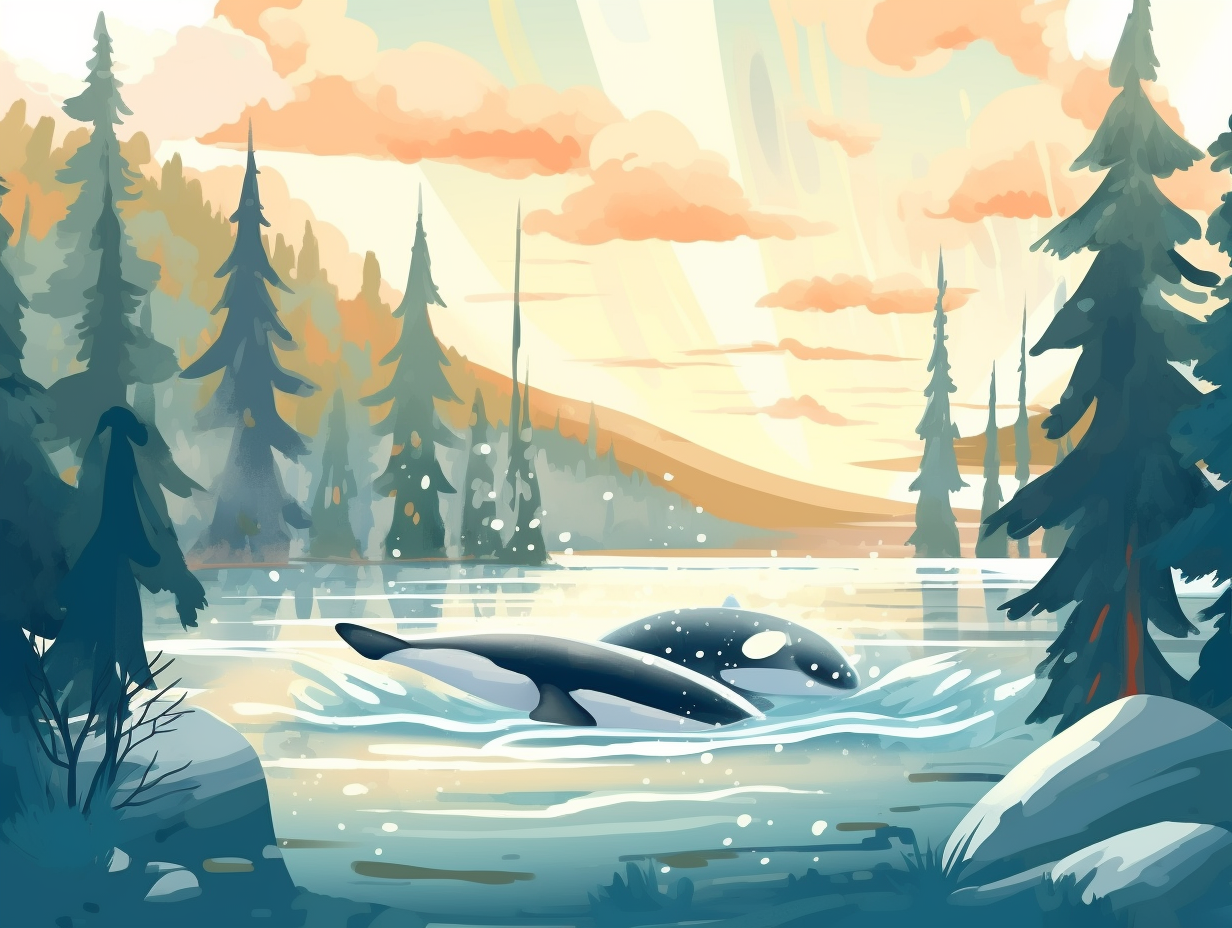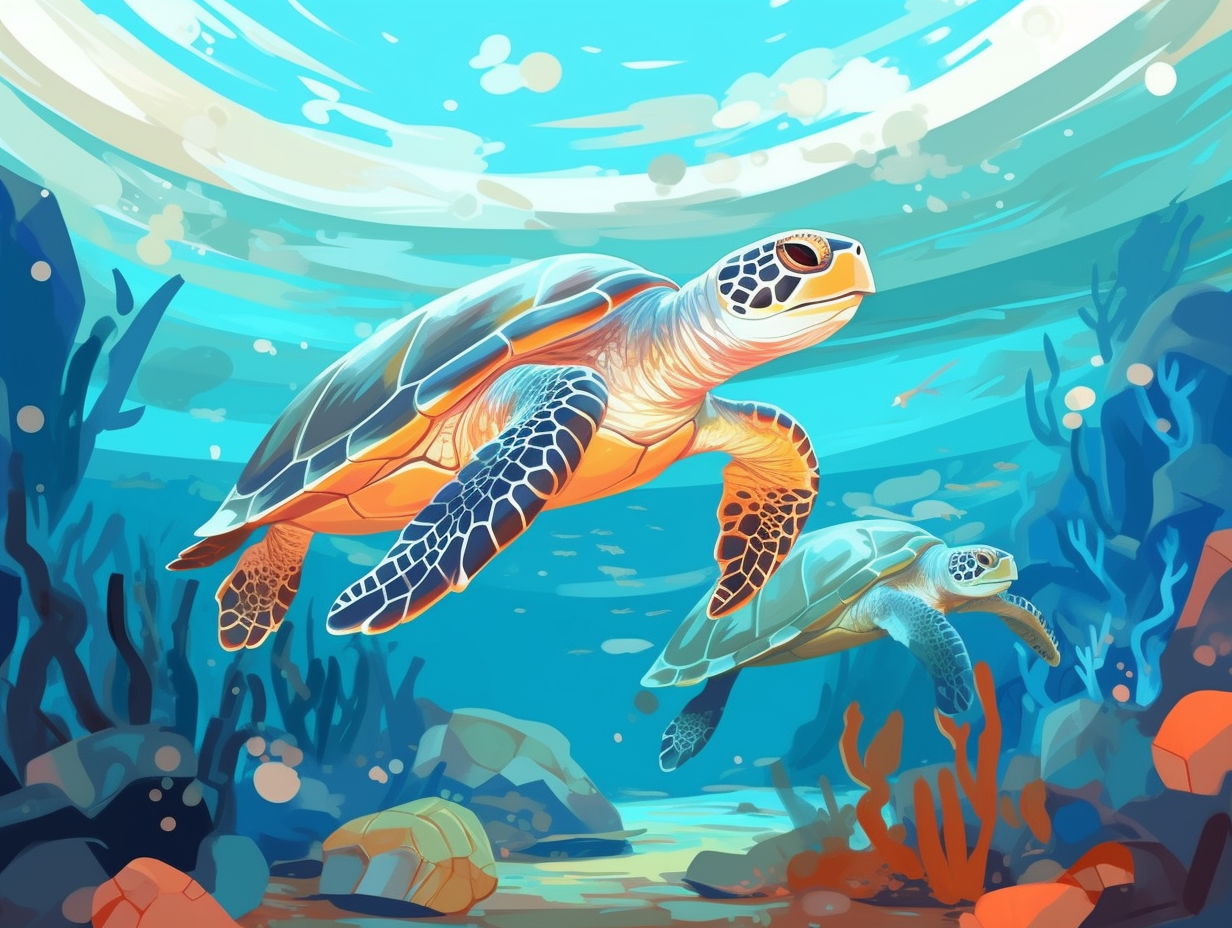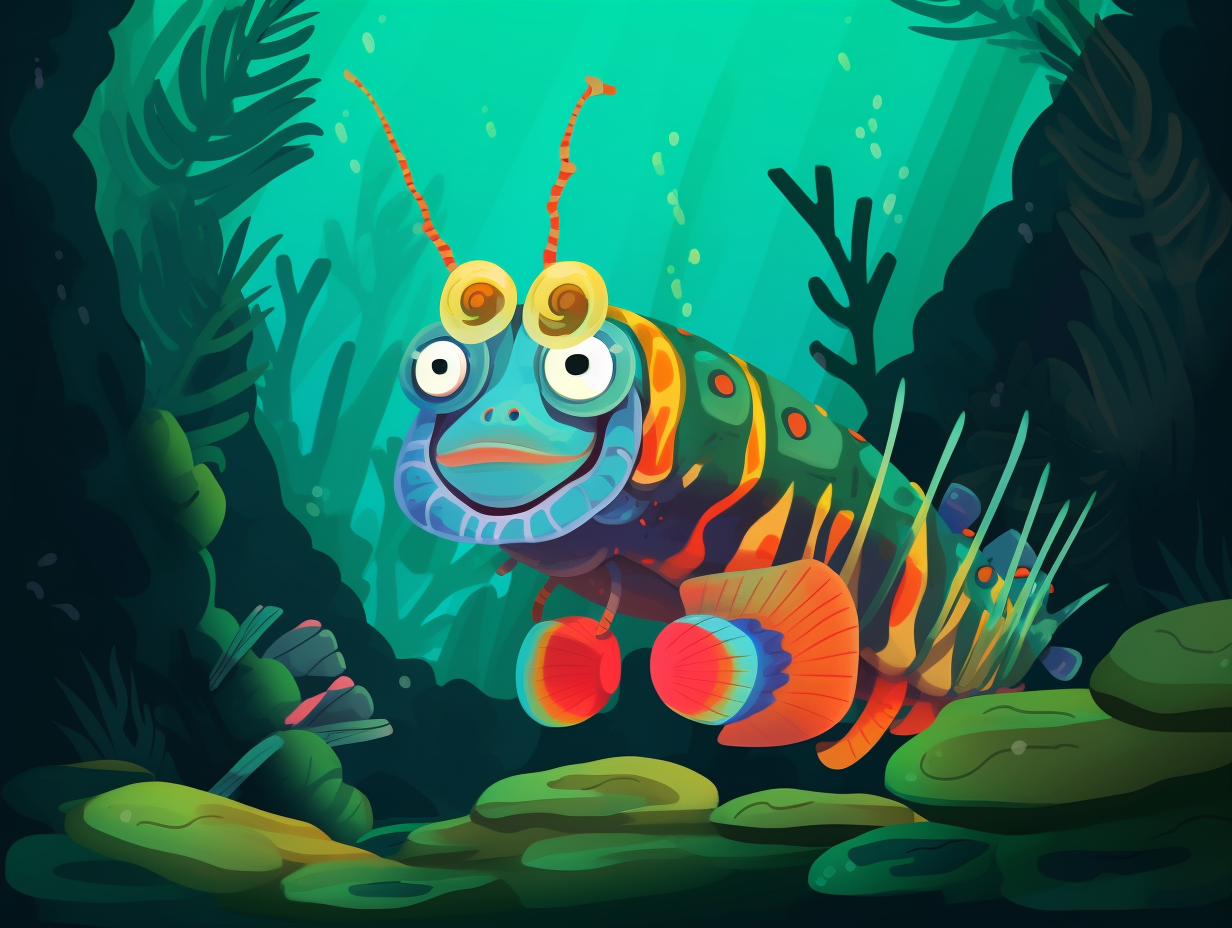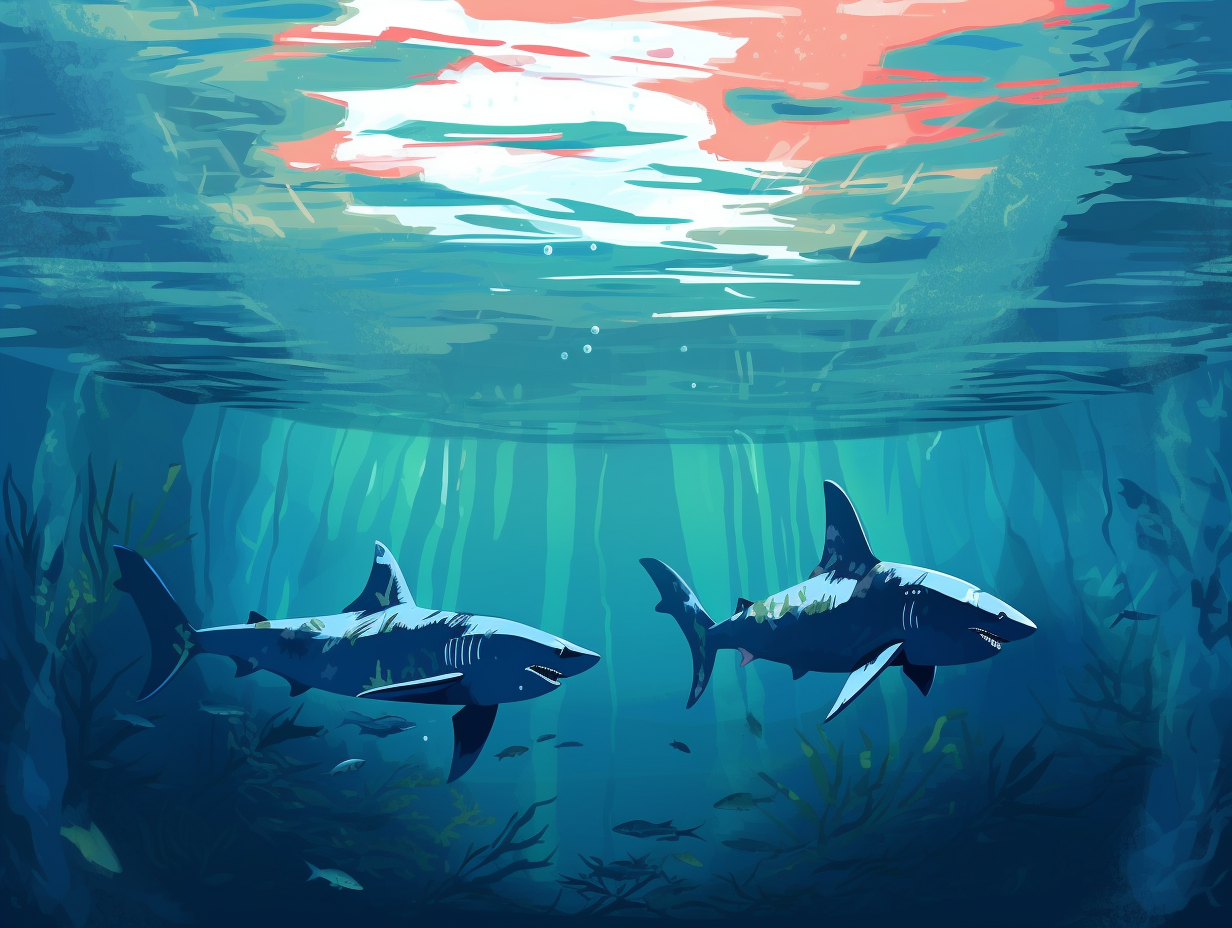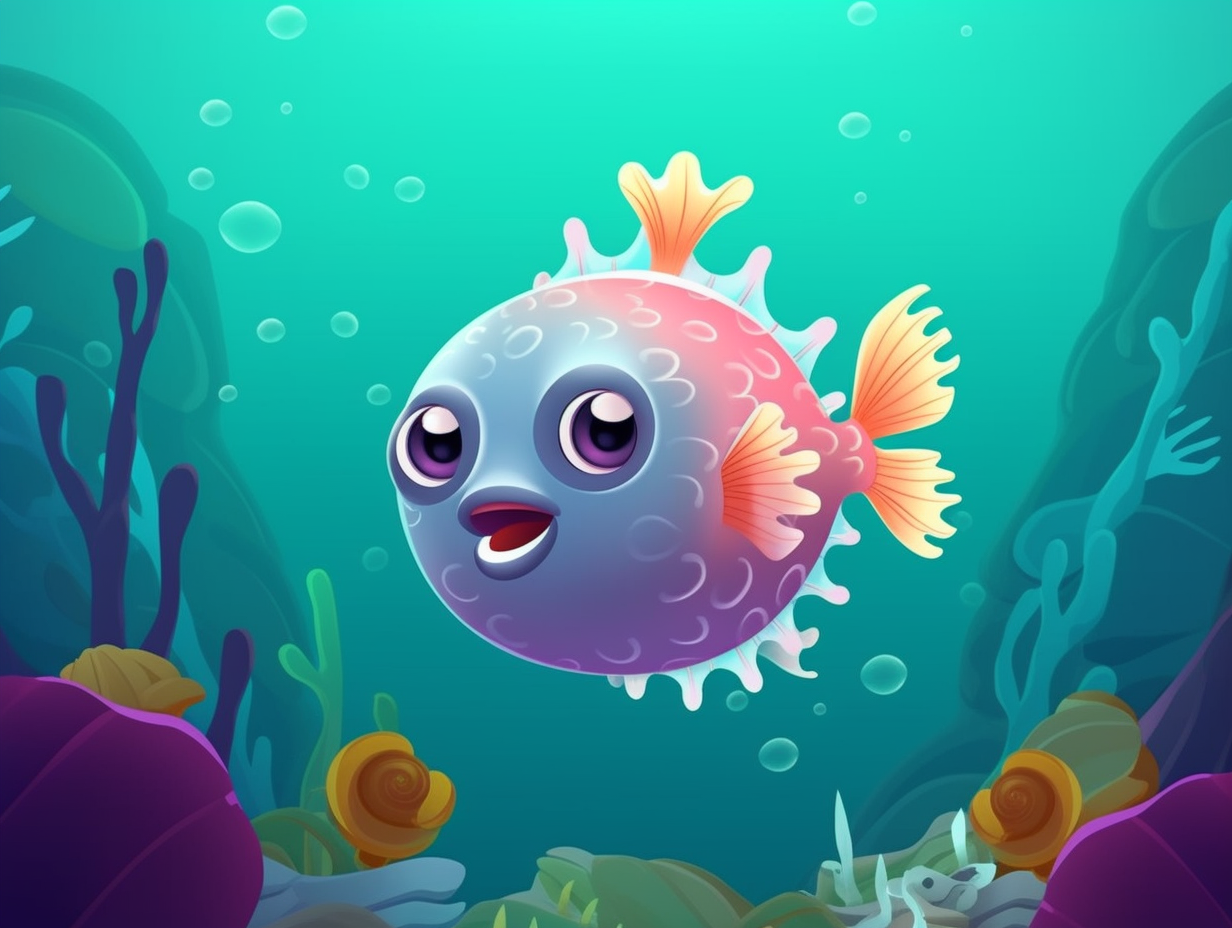Discover the Whiskered World: Top 12 Fun Facts About Walruses You Won't Believe!

1. Dyson of the Animal Kingdom
Who needs a Dyson when you've got a walrus: these tusked titans of the animal kingdom are known to suction with such power that they effortlessly strip paint off walls and bore holes in plywood during their mealtime mishaps. Armed with mother nature's ultimate vacuum cleaner, a walrus can casually slurp up to 3,000-6,000 clams in a single sitting, translating to a daily intake of 4.2 percent to 6.2 percent of their body weight in mollusk mastery.
Source => animals.howstuffworks.com
2. Love and Tusks
It's no secret that male walruses have a tusk-and-tell story when it comes to finding love - they're not just mustache accessories, after all: Walrus tusks are crucial for establishing dominance and winning mating rights among the male herd, proving that bigger and better tusks unlock the door to romance.
Source => livescience.com
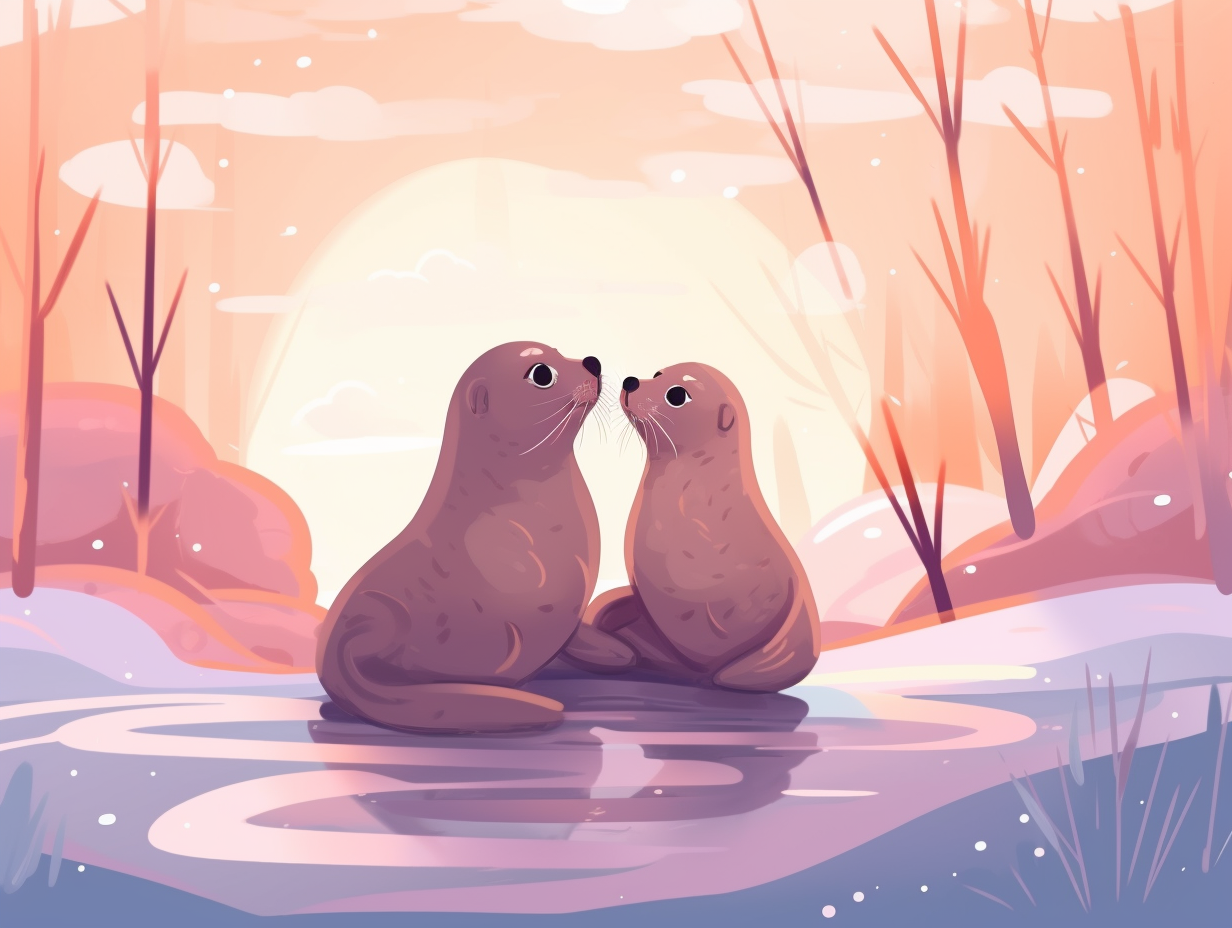
Did you know seals can "moonwalk" in water, rotating their hind limbs to swim upright and hunt with ease? Discover this and more fascinating seal facts!
=> Fun Facts about Seals
3. Walrus Whopper Stampede
Feeling peckish? A walrus can relate: When their icy dining rooms melt away, these whiskered behemoths have to "tusk it out" and search for their seafood feasts on less-than-ideal shores. But beware the Walrus Whopper Stampede: When they're spooked on land, chaos ensues as these blubbery beasts trample the smaller members of their crew, sometimes to fatal ends.
Source => washingtonpost.com
4. Marine Mozart
If Mozart were a walrus, he'd be the maestro of marine melodies, jamming with air sacs instead of using vocal cords: Male walruses create unique bell-like sounds through their pharyngeal air sacs, adding to their impressive vocal range that includes growls, taps, knocks, grunts, barks, soft whistles, rasps, and clicks for communication and display purposes both above and below water.
Source => seaworld.org

5. Size Matters for Walruses
Whoever said size doesn't matter never met a walrus: Male tusks typically grow up to an impressive 100 cm (39 in.) while females sport slightly shorter 80 cm (31.5 in.) tusks, which they use to establish social dominance and haul themselves out onto icy or rocky shores.
Source => seaworld.org
6. Tusk Usage Truth
Whoever thinks walruses have a tusk in ice-breaking clearly can't handle the tooth: walruses actually use their 3-feet-long tusks, which are elongated canine teeth, for fighting and hauling out onto ice surfaces, but not for keeping breathing holes open in Arctic ice, which they manage using their foreflippers.
Source => oceana.org
7. Blubber Medicine
Whoever said "laughter is the best medicine" clearly never met a walrus: these whiskered wonders rely on blubber, which can make up a whopping third of their body mass in winter, to keep them warm in their chilly Arctic homes. The fat-tastic insulating layer is essential for other marine mammals too, like whales and sea lions, since it prevents them from losing heat too quickly in their frigid aquatic abodes.
Source => scienceandthesea.org
8. Masters of Clam Excavation
Feeling a bit "clammy" under pressure, are we? Walruses have got it down to a fine art, squirting jets of water to excavate their hidden meals: Hidden beneath their walrus-stache are impressive vibrissae, which allow them to feel for prey up to 50m deep, making dining in the Arctic a whole lot easier!
Source => seaworld.org
9. Walrus Travel Profiles
If walruses had a dating profile, they'd probably list long swims and coastal views as their favorite activities: These determined creatures have been known to swim up to 150 miles from their shoreline gatherings in Alaska to their beloved shallow foraging grounds that emerged due to the disappearance of sea ice in the region since 2007, even though it means expending more energy and less time for R&R.
Source => adn.com

10. Blubbercraft Champion
Ladies and gentlemen, gather 'round the scales for the heavyweight champion of blubbercraft: male Pacific walruses can tip the scales at a whopping 1.5 tonnes, thanks to their essential layers of blubber that keep them cozy in the frosty Arctic waters.
Source => wwf.org.uk
11. Insomniac Walruses
Who needs sleep anyway? Certainly not the majestic walrus, forging onwards in the aquatic world like a sleep-deprived college student during finals week: These blubbery insomniacs have the astounding ability to swim continuously for an impressive 84 hours, challenging scientific understanding of sleep regulation in animals.
Source => nbcnews.com
12. Flippered Sprinters
Whoever said "slow and steady wins the race" never met a walrus on a mission: Despite their bulky appearance, these flippered sprinters can actually run on land as fast as a human, bounding on all fours with the grace of a plus-sized canine.
Source => oceanwide-expeditions.com
Related Fun Facts

